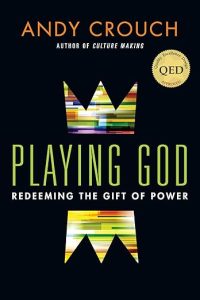 Summary: A jungle of confused polemics.
Summary: A jungle of confused polemics.
I’m not exactly sure who the author is trying to convince in this short book. She claims to want to argue that sex work (a broad category that covers prostitution, stripping, pornography, and anything else in the skin trade) is a perfectly legitimate moral activity. Unfortunately, most of the time she simply assumes what she’s trying to prove and then moves on to secondary arguments that simply aren’t controversial if the reader grants her premises.
Of course the solution to social discrimination and inconsistent enforcement of the laws against prostitutes would be legalization–that is, assuming sex work is truly just like any other banal activity, economic or otherwise, such as nursing nanny work, hair braiding or babysitting. She makes these comparisons often, yet there’s little content here to actually explain why sex work isn’t immoral, let alone why it shouldn’t be treated like any other economic act–apart from pragmatic soundbites unlikely to gain a hearing with any but those who already share her worldview.







